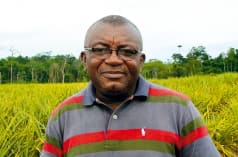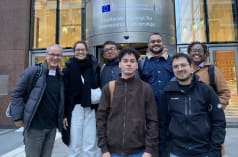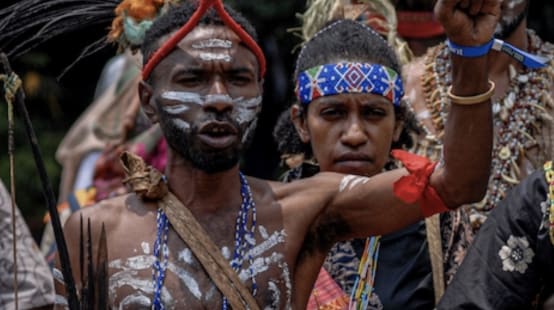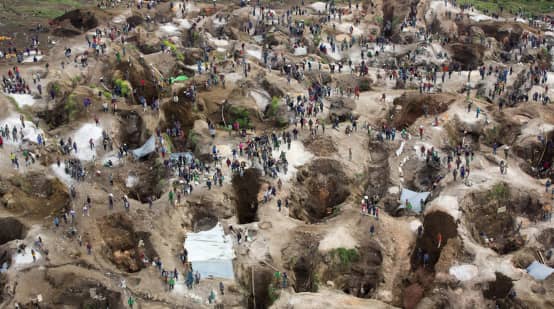Save the Mekong: the river feeds millions
 The river feeds millions of people
The river feeds millions of people
By April 22, a regional decision by the Governments of Laos, Thailand, Cambodia and Vietnam will be made on whether or not to build the proposed Xayaburi Dam on the Lower Mekong River’s mainstream. This dam is the most advanced in a cascade of eleven large hydropower dams planned for the Lower Mekong River’s mainstream and would be located in Xayaboury province in Northern Laos. Millions of people in the region depend on the river’s natural resources for their survival.
Call to action“”
The very crucial decision will soon be made in Southeast Asia and will determine the fate of the Mekong River. As the world’s largest freshwater fisheries and the second biodiverse river in the world, the decision to build a dam on the Lower Mekong River would result in devastating changes to the river’s ecosystem and aquatic habitat. With more than 70% of the region’s population dependent on natural resources, the adverse impacts of the Xayaburi Dam will affect the livelihoods, income and food security of fishers and farmers throughout the region.
Please, show your solidarity and support the people of the Mekong River and the “Save de Mekong Coalition" , by signing onto this letter to the Prime Ministers of Laos and Thailand, who will play a key role in determining whether or not this dam is built.
Letter
Your Excellency Thongsing Thammavong, The Prime Minister of Lao PDR,
Your Excellency Abhisit Vejjajiva, The Prime Minister of Thailand,
I respectfully call upon the Governments of Lao PDR and Thailand to cancel the Xayaburi Dam proposed for the Mekong River’s mainstream in Xayaboury province, Lao PDR. We believe this project to be exceptionally destructive and a threat to development and conservation efforts both within the region and globally. Irreparable damage caused by the Xayaburi Dam to the Mekong River would be a permanent loss to the livelihoods of people of the region and also to one of the most valuable rivers in the world.
The Mekong River is host to the world’s largest freshwater fishery, which is central to the food security and livelihoods of millions of people throughout the region. With more than 1,000 species, the Mekong River is also a treasure trove of biodiversity and the second most biodiverse river system in the world.
Located in northern Laos, the proposed 1,260 megawatt Xayaburi Dam is the most advanced of a planned eleven-dam cascade for the Mekong River’s lower mainstream. The project’s lead developer is the Thai construction company Ch. Karnchang and the project is proposed to be financed by Thailand’s Kasikorn Bank, Bangkok Bank, Siam Commercial Bank and Krung Thai Bank. 95% of the project’s electricity will be exported to Thailand, while the impacts will be most acutely felt by riverside communities in Lao PDR and neighboring countries. If built, the Xayaburi Dam threatens to cause unprecedented damage to the river’s ecology and fisheries by blocking the migratory route of at least 23 fish species and threatening the extinction of 41 more fish species, including the critically endangered Mekong Giant Catfish. This in turn will have devastating impacts to the live lihoods and food security of millions of people living along the river who depend on its natural resources.
I stand in solidarity with the people of the Mekong Region, who have consistently called on the region’s governments to cancel the project.
A joint decision by the region’s governments on whether to proceed with the dam is expected by 22 April 2011, which presents an opportunity to the governments to demonstrate a joint commitment to protect the Mekong River for the shared regional prosperity of present and future generations. More sustainable and peaceful ways exist to meet energy and water needs. I therefore respectfully urge the Government of Lao PDR to immediately cancel plans to build the Xayaburi Dam and for the Government of Thailand to cancel plans to import electricity generated from the Xayaburi Dam.
Yours sincerely,













 Recent successes
Recent successes